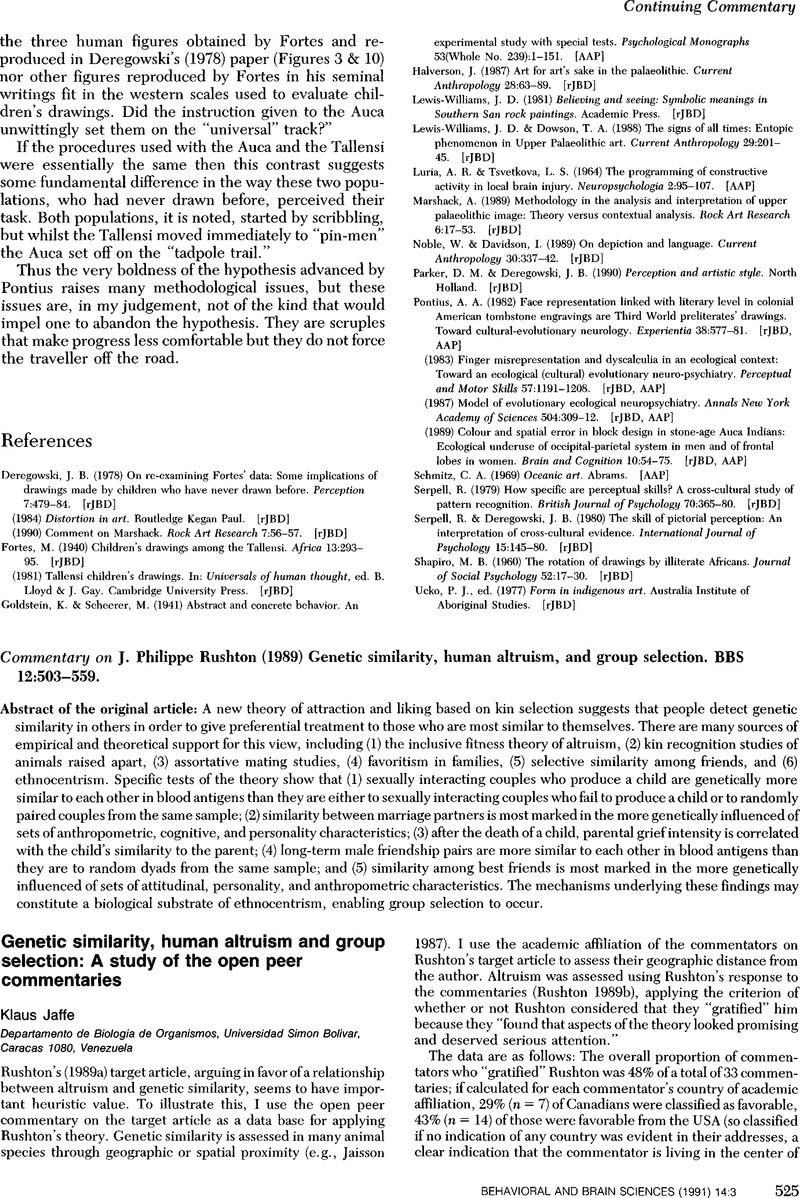Crossref Citations
This article has been cited by the following publications. This list is generated based on data provided by Crossref.
Andersson, Gerhard
1993.
Some Implications of Evolutionary Psychology for Behaviour Therapy.
Scandinavian Journal of Behaviour Therapy,
Vol. 22,
Issue. 1,
p.
49.



